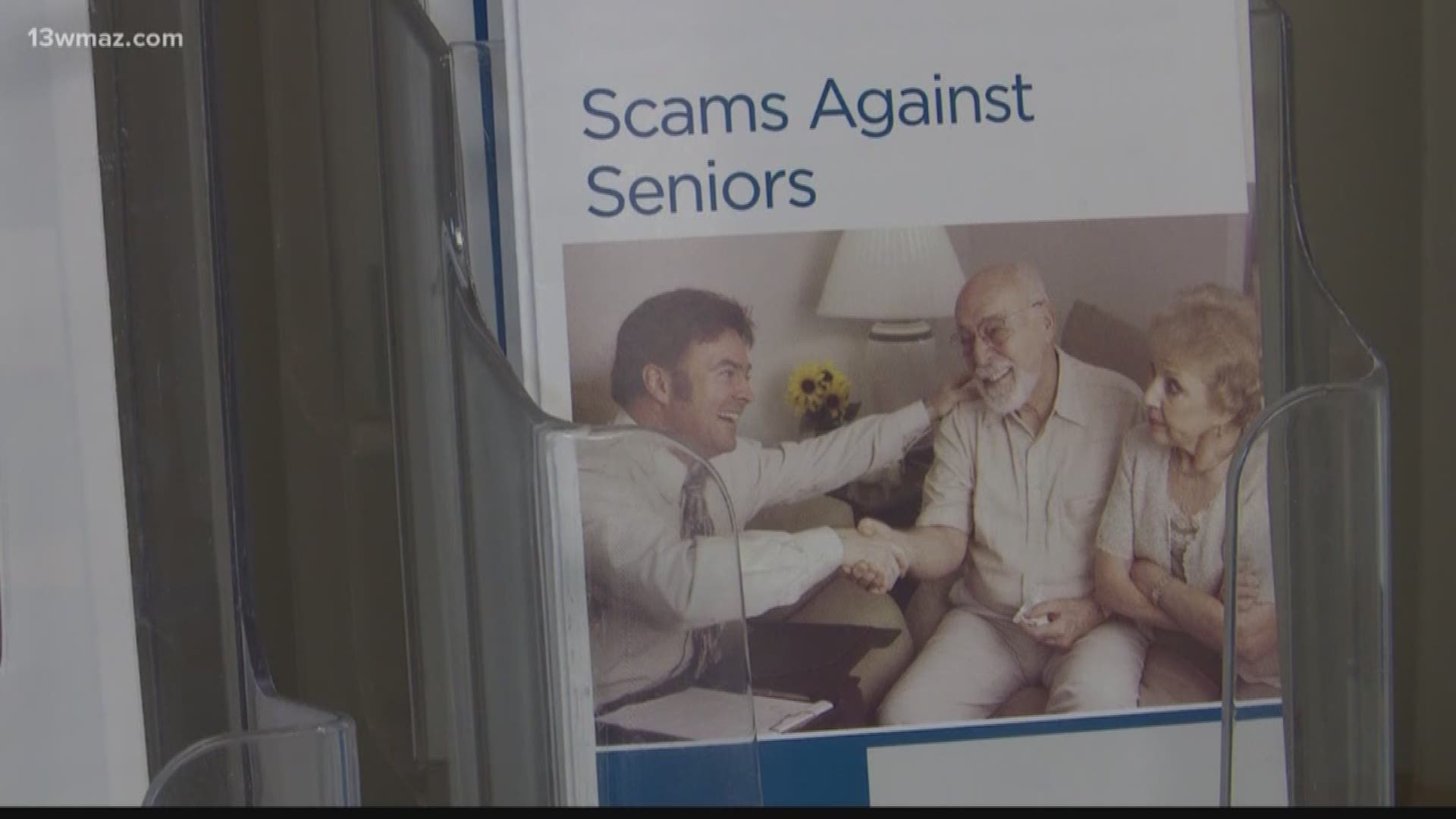Scams are a big problem.
In the past few years, Kelvin Collins, President and CEO of the Better Business Bureau of Central Georgia, says more than 100,000 scams were reported across the country.
He says a lot of them happen over the phone. A caller pretending to be someone they're not will try to pressure you into buying something you don't want or sending money to someone you don't know.
However, there are ways you can protect yourself, no matter how threatening the call might sound.
"Other... what I call 'robocalls' are just annoying," said Joyce Phillips. "This to me is way more than annoying. This is threatening and that should not be."
Phillips is used to getting scam calls on her phone. She said on some occasions, she's gotten as many as five in a day.
Lately, though, a few stood out.
"They said that they were taking an arrest warrant out," she said.
Phillips said she got a series of calls from a pre-recorded voice claiming to be from the IRS asking about unpaid bills. Eventually, it threatened to lock her up.
"That third one, with the arrest, that would scare just about anybody," said Phillips.
She says she used to work in accounting and didn't fall for the scammers' tricks. She did the right thing by not giving away any of her personal information.
However, Kelvin Collins said this type of threatening scam is common.
"The IRS scam is the one we're seeing a lot of right now and consumers are calling us almost on a daily basis talking about [it]," he said.
Collins said to stay safe, there are some tips you can follow.
Check your caller ID
If you don't recognize the number, don't pick it up. Let the call go to voicemail and then check it. If it's a legitimate call, you can always call the person back.
Beware of 'spoofed' numbers
Collins says scammers sometimes disguise the number they're calling from so that it shows up on caller ID as '911' or 'Sheriff's Office.' He says scammers will sometimes call from these numbers and say they're coming to arrest you. Don't believe it. Collins says a real law enforcement agency wouldn't call ahead to let you know they were going to arrest you.
Keep private information private
Collins says if you do end up on a call with what you think is a scammer, do not give away any personal or financial information.
Don't 'opt out' of call list
According to Collins, some scam calls will say something like 'if you'd like to opt out of these calls, press 9.' Collins says do not do that. If you do, all you're doing is telling the scammer that the number they just dialed has a real, live target on the other end of it.
IRS won't call you
Collins says that particular federal department conducts its business through the mail and not over the phone. And even if for some reason the real IRS did call you, Collins says it would never ask you to pay over the phone.
Most of all, he says everybody needs to be constantly on the look out for potential scams, and he says older Americans can be even more susceptible.
"They come from a more trusting generation," he said. "They trust that someone calling has good intentions. That's not always the case now."
Collins says you can always call the Central Georgia BBB with any questions at 478-742-7999.

